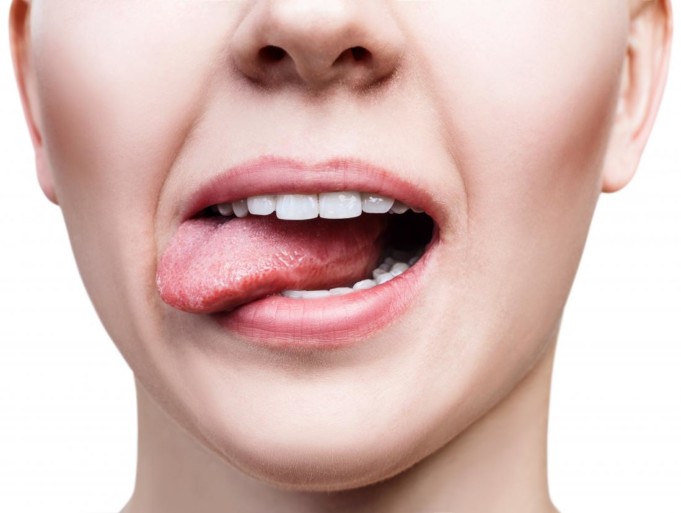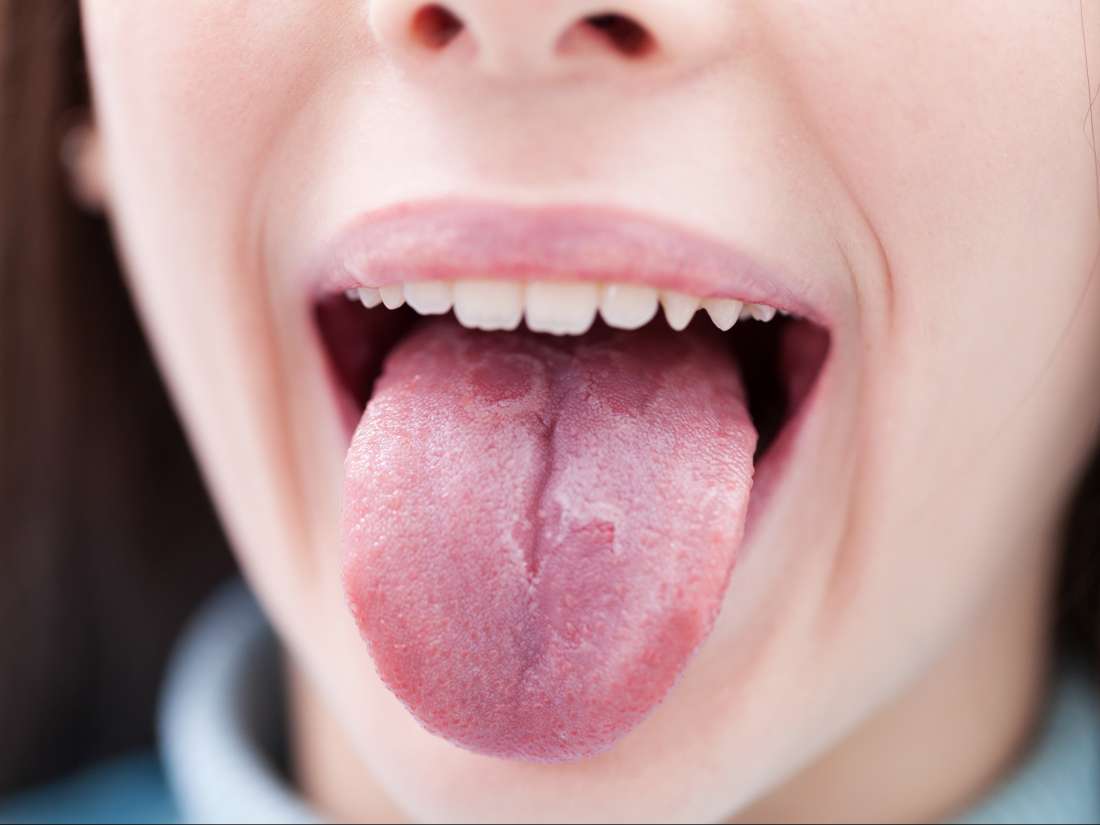We usually associate the sweet taste with pleasant things and delicious foods, but when you feel it continuously in your mouth it becomes unpleasant, it prevents you from enjoying other flavours and can end up decreasing your appetite.
These taste disorders, medically called dysgeusia, changes in the typical taste that the mouth should have.
Depending on the intake or typical circumstances, we can all feel how our taste changes, but dysgeusia is an alteration that remains over time and persists despite trying to end it.
If you feel sweet saliva, wondering why it is the most normal thing in the world, so here we bring you this article so you know what diseases and conditions can manifest with this symptom, apart from explaining other symptoms that can help you identify the trouble. To find out, keep reading this article about the oral sweetness in the mouth.
Oral Sweetness, a symptom of diabetes
The sweet taste is one of the symptoms that can indicate that the person suffers from some type of diabetes. This disease is due to the presence of blood sugar caused by the body’s resistance to insulin.
This fact causes glucose to enter the cells and produce energy, which leads to accumulation in the blood and produces hyperglycemia.
There are other symptoms that can alert you that you suffer from diabetes, here are some of them:
- Thirst and constant desire to drink
- Increased appetite
- Frequent urination
- Weight loss accused
- Vision loss or blurred vision
- Drowsiness and tiredness
- Infections in the gums, urine or skin
- Healing is slower than usual
- Tingling sensation in the limbs or numbness
Oral Sweetness symptom of indigestion
Another of the diseases and medical conditions that can cause this annoying symptom is gastroesophageal reflux disease. This disease causes indigestion that causes stomach acids to go the opposite way and move into the oesophagus.
Anyway, it should be clarified that the Oral Sweetness is not one of its main symptoms, mostly GERD is diagnosed by :
- Nausea and desire to vomit after eating.
- Feeling that the food does not go down or stays in the stomach.
- Heartburn that goes up to the pharynx
- Burning sensation and chest pain.
The sweet taste is found in the second group of more specific symptoms depending on the person, such as:
- Regurgitation of food and acid.
- Hiccup
- Cough and other respiratory symptoms.
- Problems swallowing food.
Neurological disorders and sweet saliva
As you know, from our nervous system, all functions that have to do with the senses are controlled; Either smell, touch, taste, sight or hearing.
The nervous system is a complex structure that runs through our body, branching from the spinal cord and brain to all areas of the body.
But for proper functioning, it is necessary that all nerves receive and send the electrical signals to the brain, where they are processed.
When we chew a portion of food, for example, the taste nerves that are located under the tongue transmit the taste signals to our brain. Depending on the signal they send, our brain deciphers that it is one flavour or another.
If our nervous system is affected by some underlying problem, such as a cardiovascular accident, these functions can be altered, and wrong signals can be sent.
One of the things that can happen is that electrical signals of the sweet taste are constantly sent, causing this sensation constantly.
Ketosis
When our body needs to obtain energy, it burns fat, breaking it down and generating a chemical known as ketone.
This physiological procedure is called ketosis, and with it, a by-product is created from the ketone called acetone. Once created, our body has the need to eliminate it and does so through breathing.
This causes the person to notice a strange taste in their mouth, a flavour that many people define as sweet or fruity and others define as metallic.
However, in people with metabolism problems, especially in cases of diabetes mellitus, these bodies cannot be expelled, a metabolic state is known as ketoacidosis.
This state is very dangerous; in fact, it was the leading cause of death among diabetics before injectable insulin was invented.
This taste is different from bad breath caused by poor oral hygiene, as it has to do with the inability to burn carbohydrates to transform them into energy.
Ketoacidosis is a common condition both in diabetic people and in those who follow a diet with low levels of carbohydrates, which causes normal blood glucose levels to drop.
If you have a sweet taste in your mouth by the diet, you should check your eating habits, increasing the levels of carbohydrates you eat.
In addition, we remind you that whenever you do a diet to lose weight, it is necessary that you consult with a nutritionist or a doctor so that I can design a diet adapted to your needs, your health and your condition.
Other diseases that cause a sweet taste
If you wonder why the oral sweetness is due to knowing that in addition to the diseases that we have already explained to you, there are other conditions and conditions that can manifest through this symptom:
Pseudomonas infection
Although it is not especially common for this symptom to occur, it is possible, and that is why we warn you about it. Pseudomonas is a type of bacteria that can cause some health problems.
They usually attack the nose and ears, but if they attack the taste receptors, they can cause that particular sweet taste. Among the most common symptoms of pseudomonas infection are:
- Nasal congestion
- Chest pain
- Trouble breathing
- Taste impairments
A blood test can detect these types of infections, which are treated by antibiotics.
Nerve infection
A viral infection that affects the nerve responsible for sending the taste signals to the brain can cause the person to notice changes and disorders in taste, from feeling a metallic taste to noticing sweet saliva.
Oral Sweetness after exercising
Have you ever noticed that carbohydrate-based drinks designed for athletes have a rather tasteless taste? Now, have you noticed that when you drink them after exercising, they have a completely sweet taste?
The reality is that the sweetness is something completely normal; in addition, it has also been shown that when we exercise the perception of the sweet changes.
When we exercise we sweat, therefore, once finished, our body has the need to ingest more carbohydrates in order to recover those we have lost and thus prevent us from becoming dehydrated.
In this way, our whole body is oriented towards that objective, also the sense of taste, making us want more those foods that give us the substances we have lost. The oral sweetness after exercising is caused by the need to take food with salt.
Producers of drinks for athletes know it, so they include less sugar knowing that whoever drinks it will notice more sweets.
Author Bio:
John Perry is a professional writer. He has written many articles on Social Media. He is quite experienced in the field of web marketing as well as website designing.
He likes to enhance her knowledge and passion when it comes to blogging, and appreciates Health,Technology and various categories. If You Need To know more about Please visit Itsmyownway.













